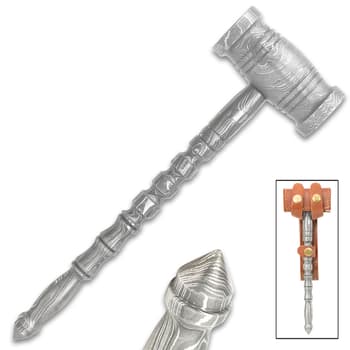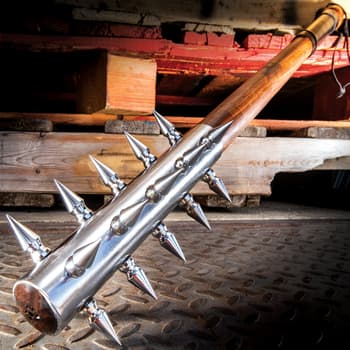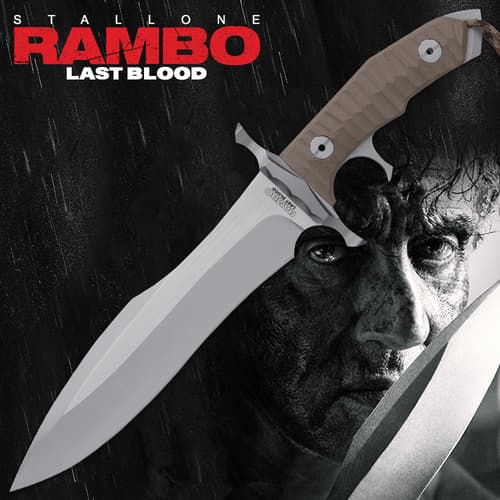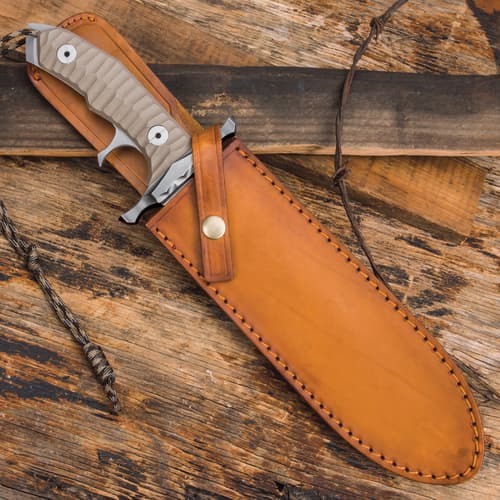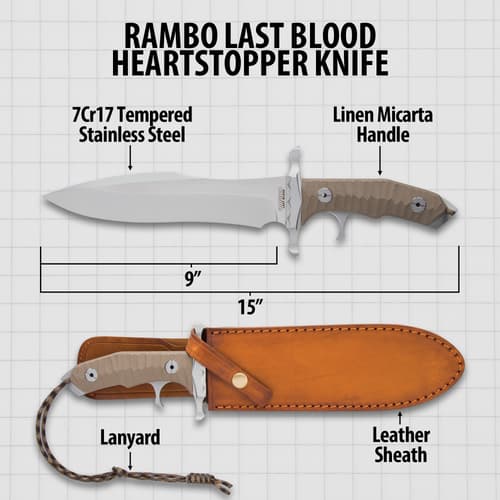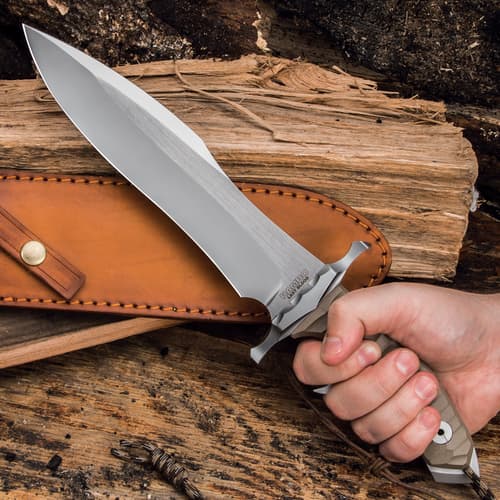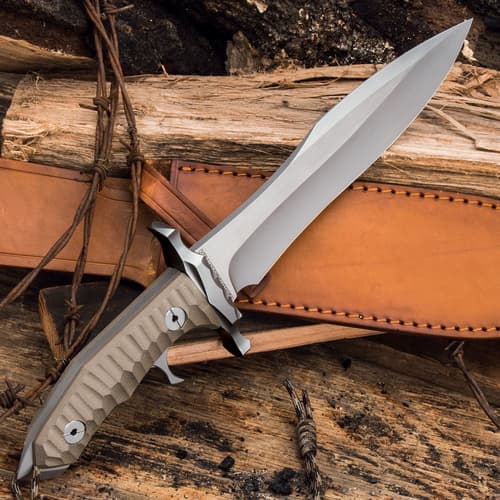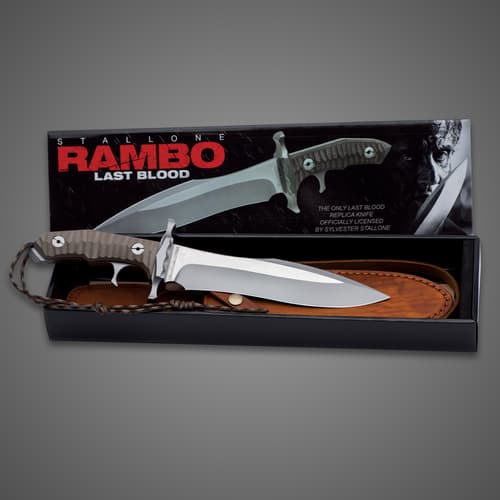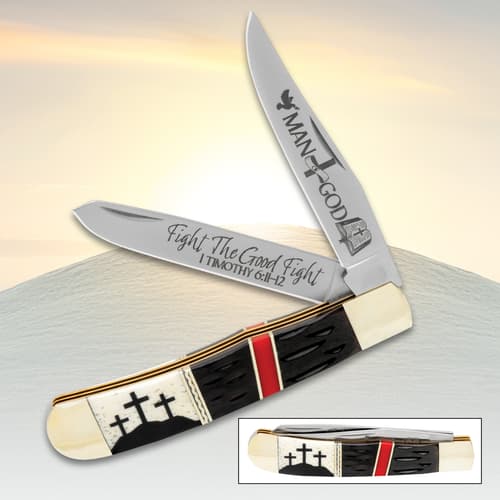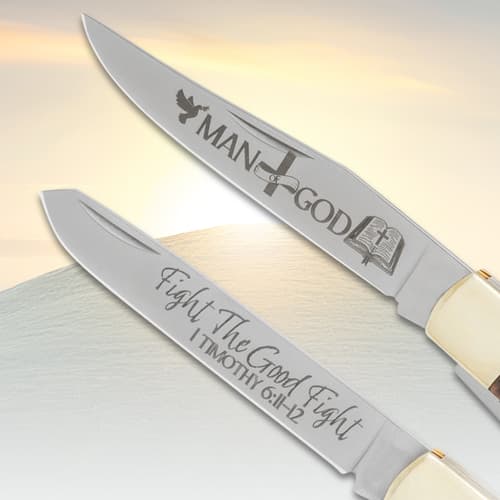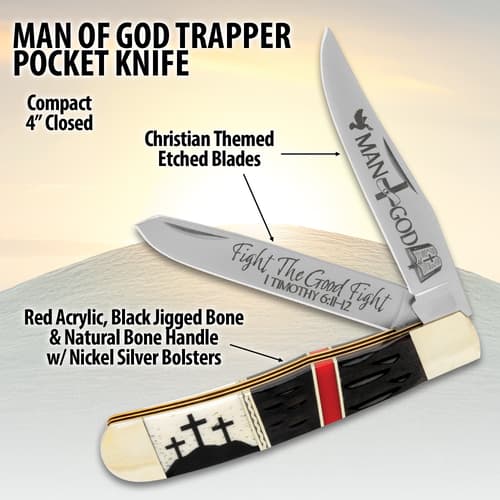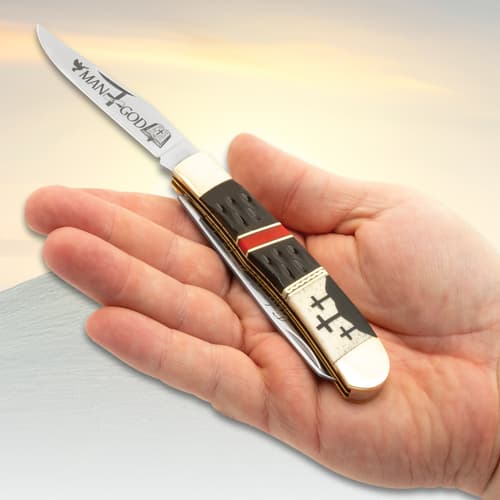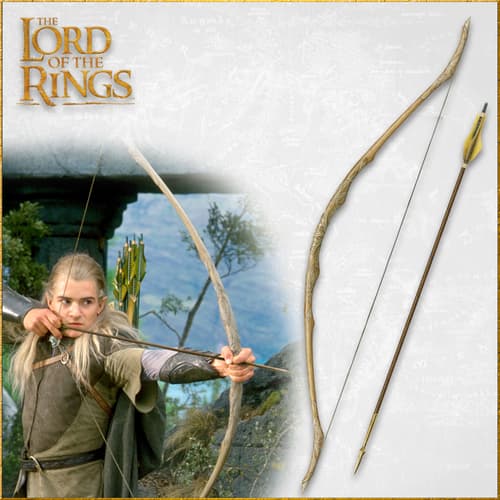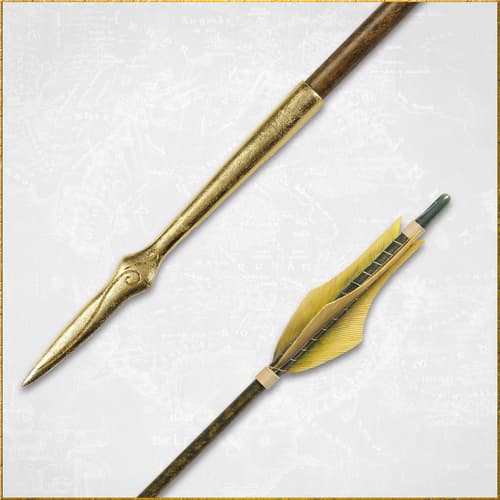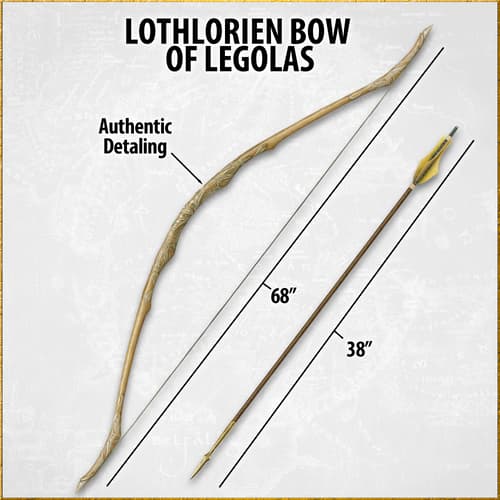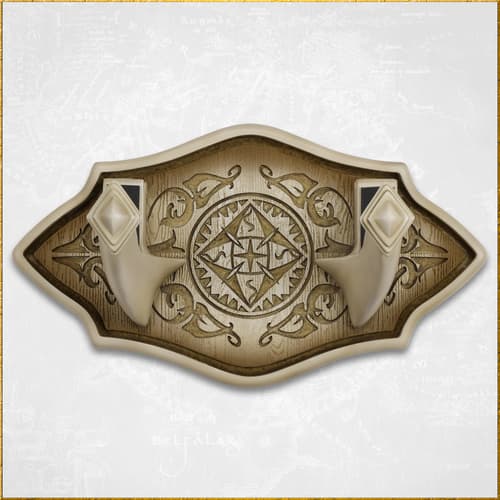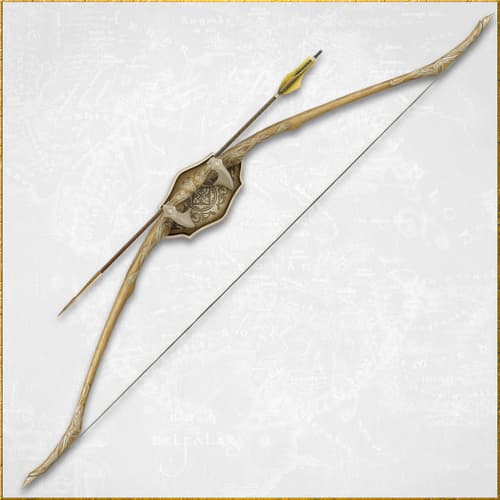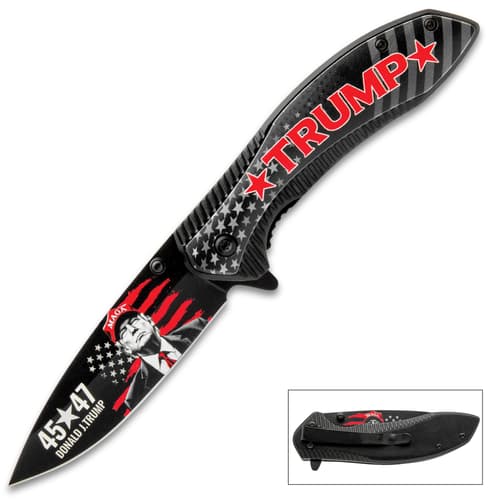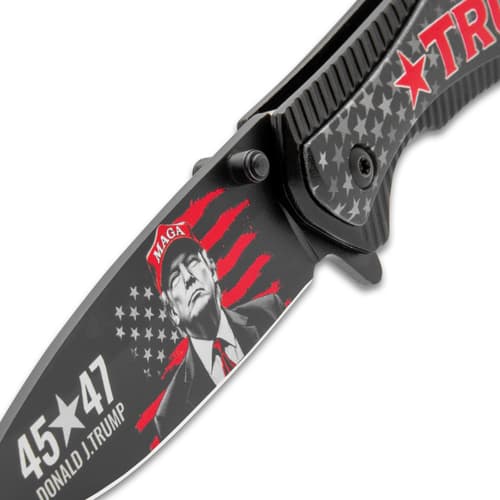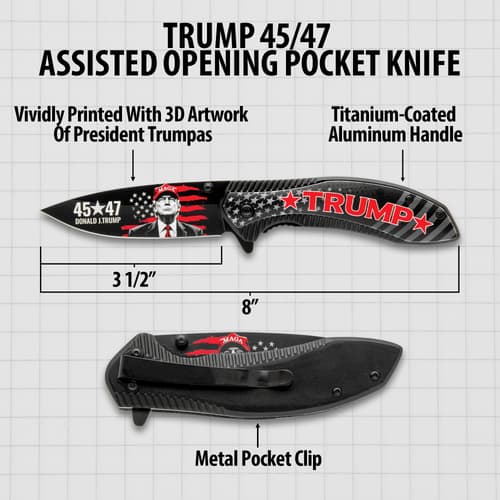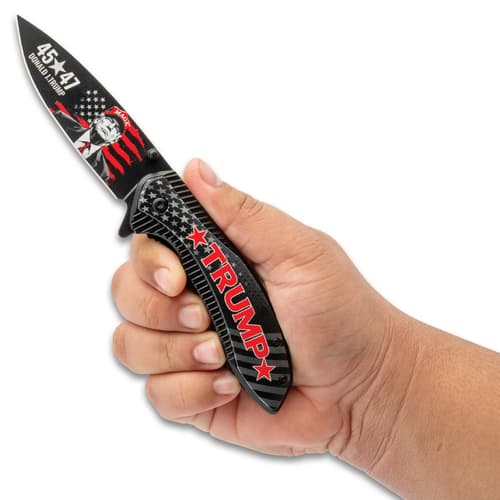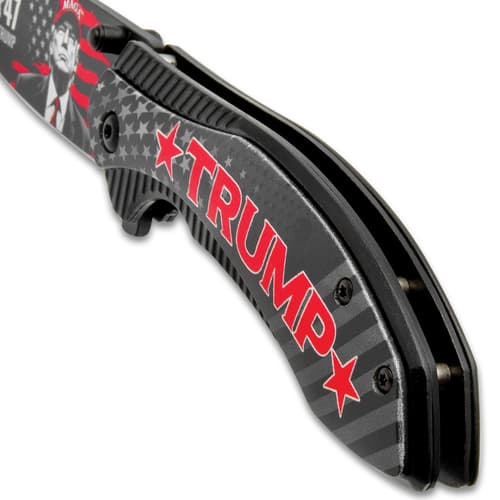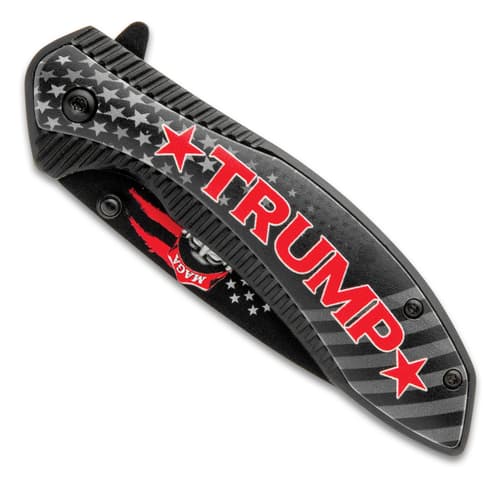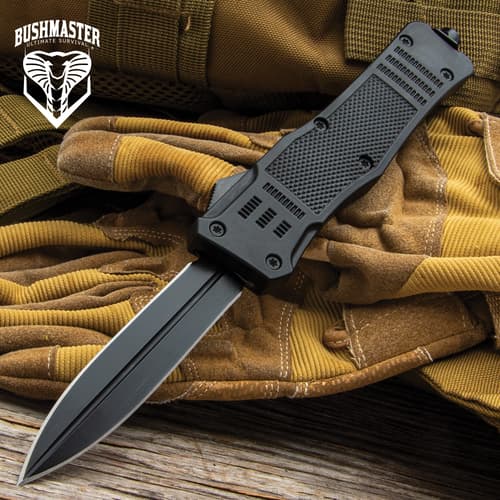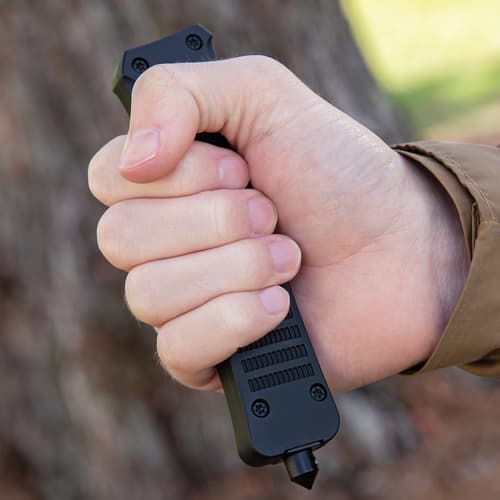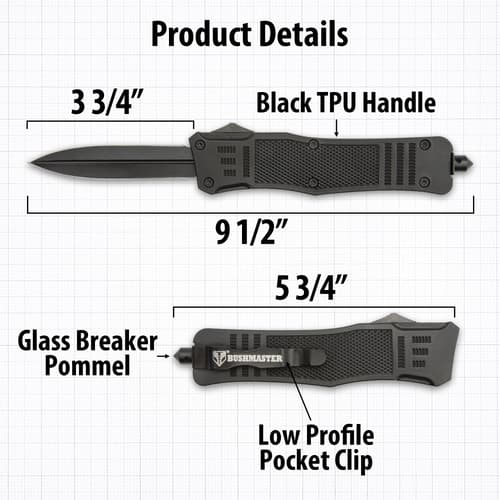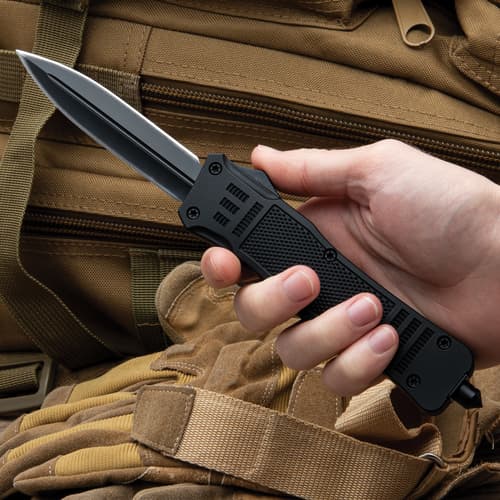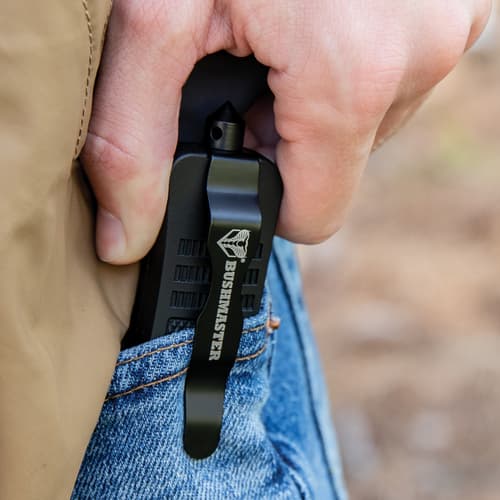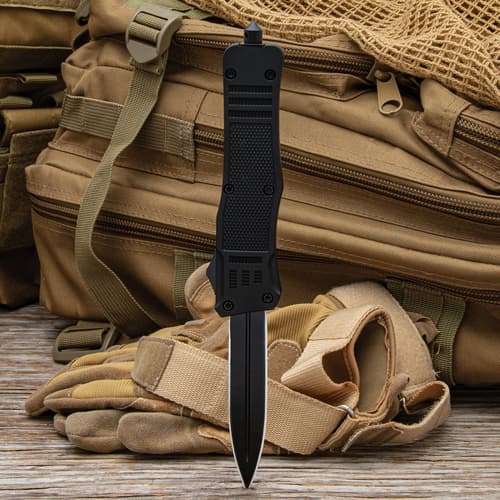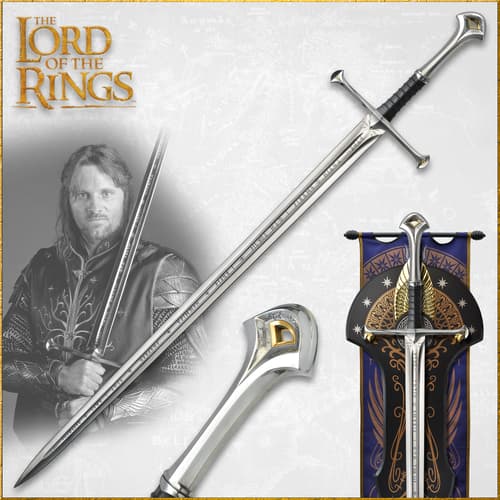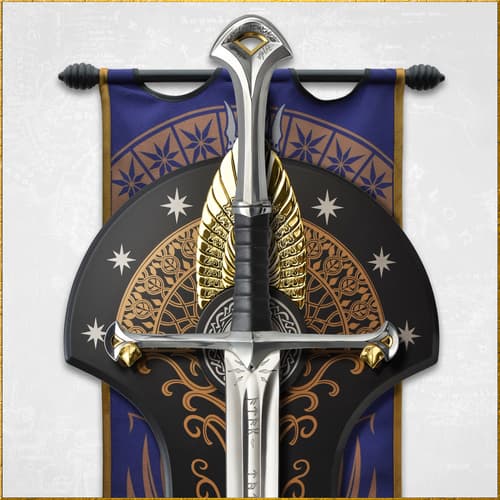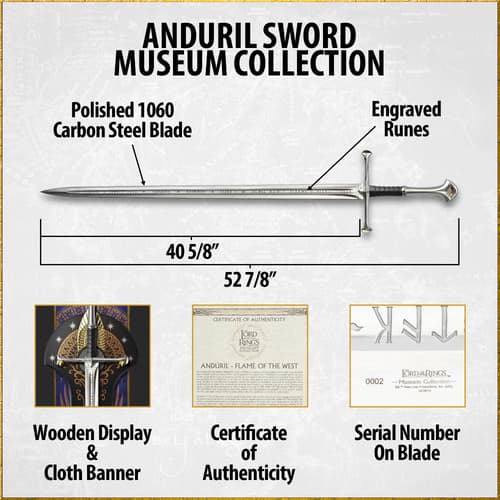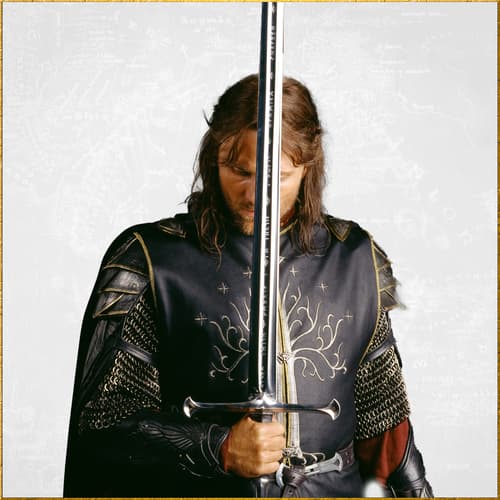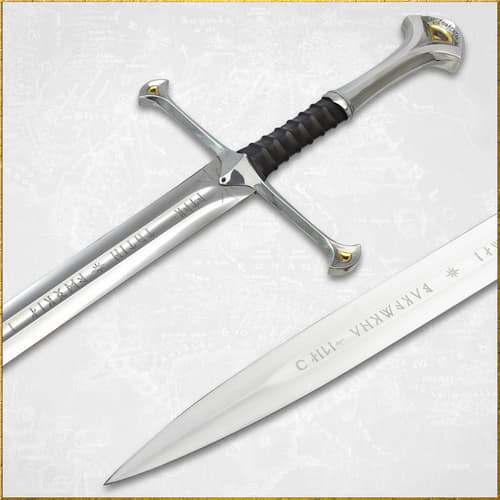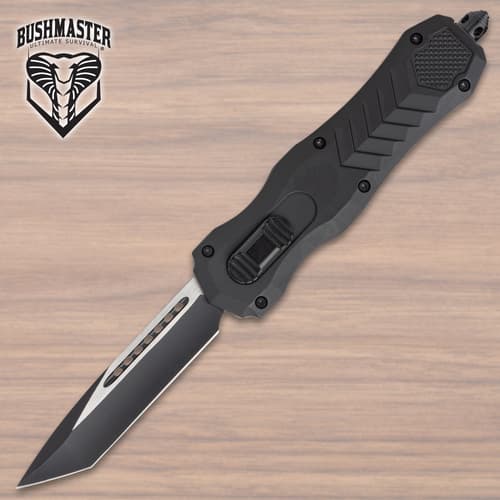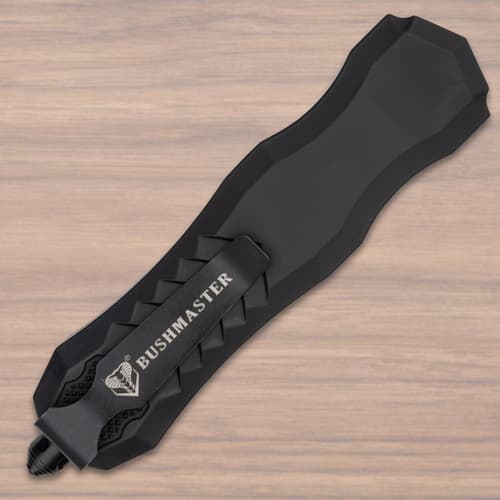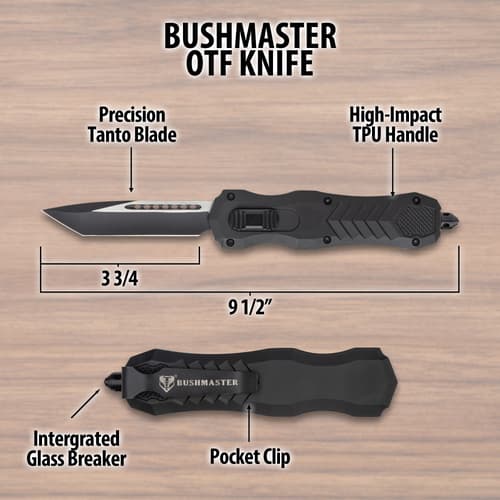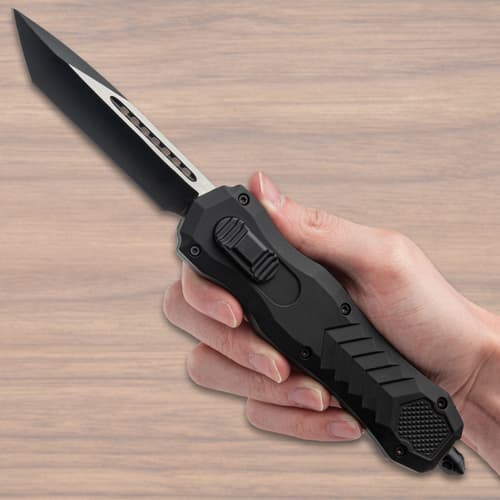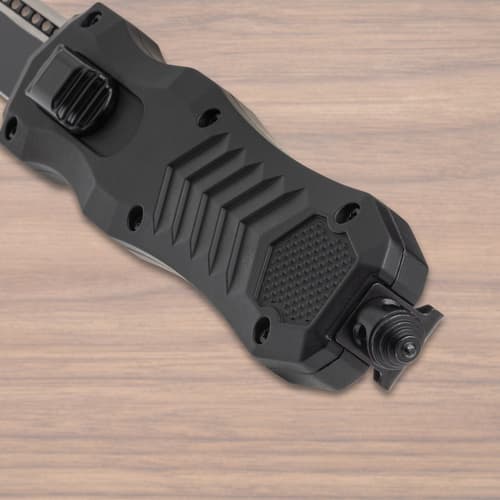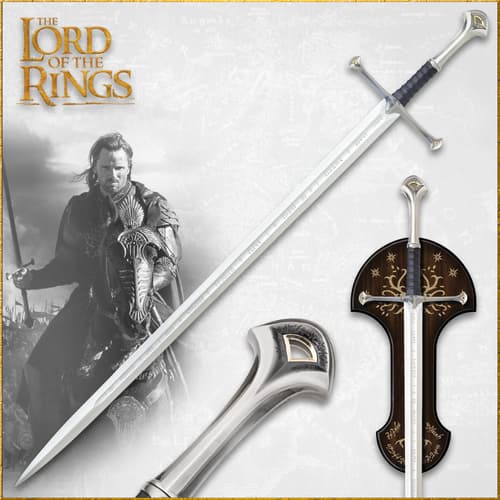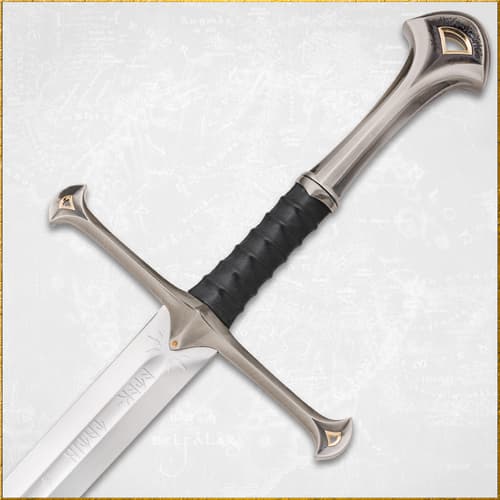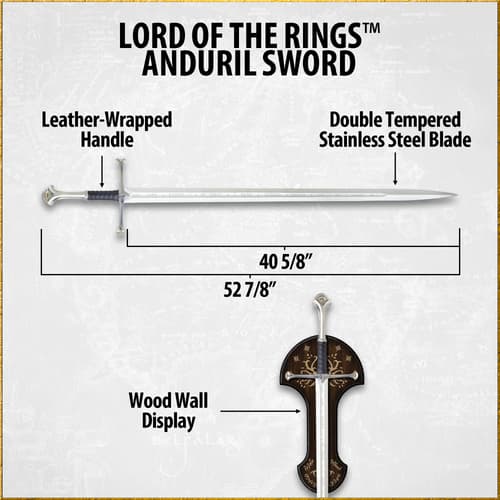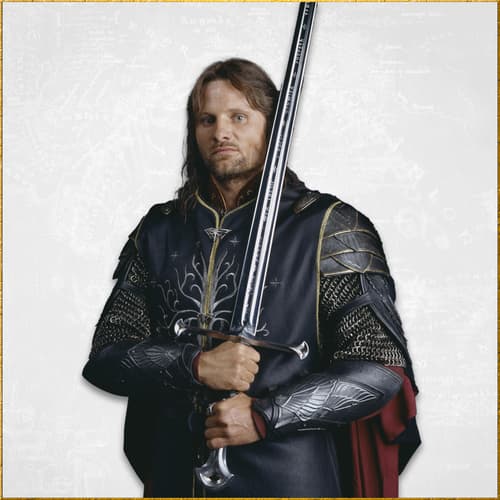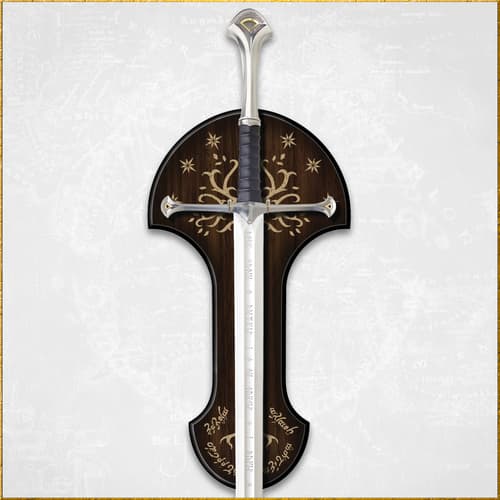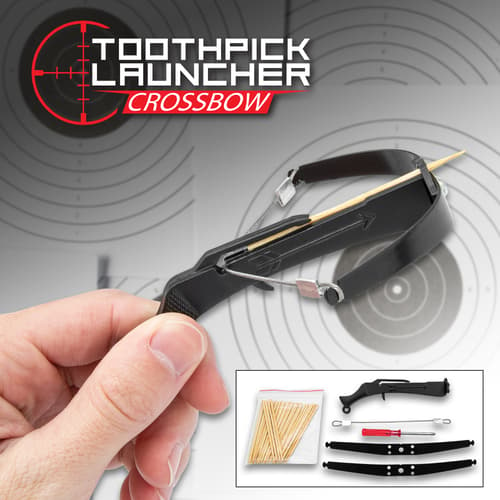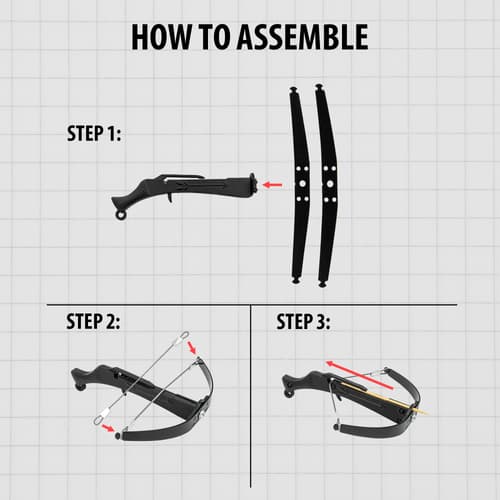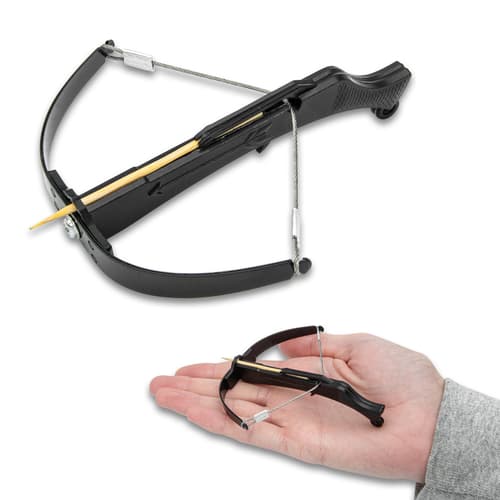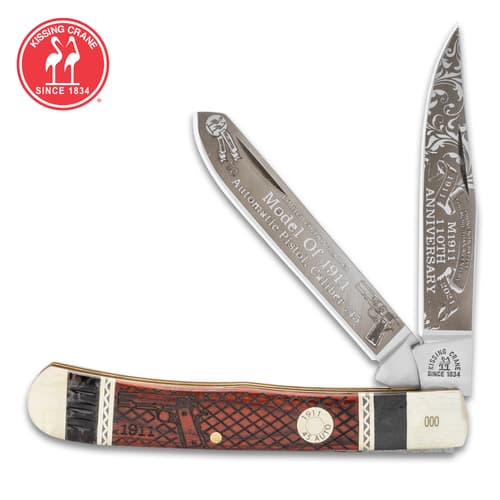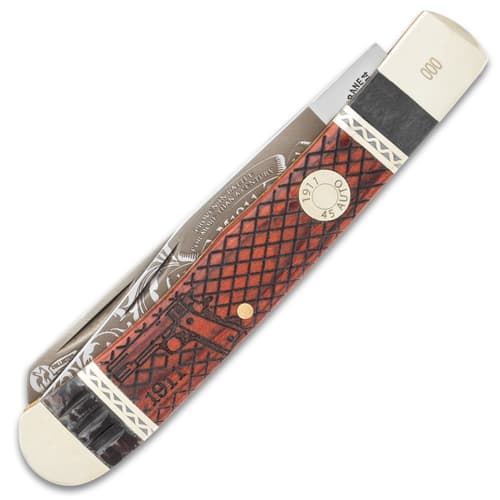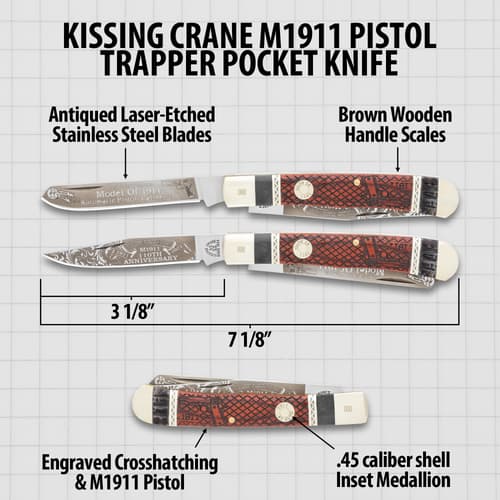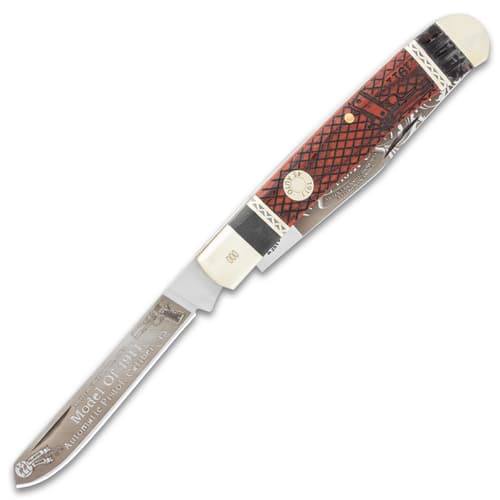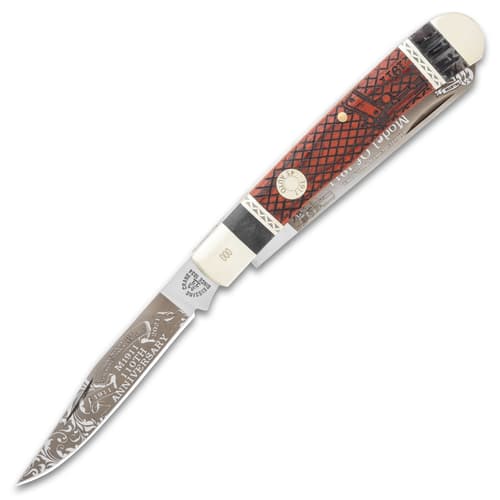What’s A Mace Weapon?

By Adelia Ladson
Some form of club has been used as a weapon ever since Primitive Man picked up a good, hefty stick and hit his neighbor over the head with it. The mace weapon was the evolution of the simple wooden club with the addition of a piece of metal or stone on the end to give more power to its swing and crushing force to its blow.
A Little History Of The Mace Weapon
Like I said above, the mace evolved from the wooden club and, of course, no other age knew how to develop weapons to defend themselves like the Middle Ages. They took the simple club to a new level of domination with features like spikes and chains with the head swinging at the end. The latter feature was used on maces that are called flails. The earliest mace weapon was dated to the Late Stone Age and has been depicted on tapestries as used by the Normans around 1066. The earliest known European maces were knobbed and then, around the 12th Century, flanges were added so that they would penetrate armor.
What Were They Used For
Mace weapons were cheap and easy to make so they were widely used by peasant rebels and conscript armies. The foot soldiers would use a shorter staffed mace while the cavalry would use a longer staffed mace, which was better for combat on horseback. The simple mace, with just a weighted head, was enough to damage armor or a shield, when a sword would be useless against the armor of a combatant. Once flanges and spikes were added, the armor really was no match against them. It’s said that the ultra-religious Christian warriors used flails that were designed with rounded balls to prevent from spilling blood.
Top Of The List
Although, no longer officially used in combat, the mace is still a very effective weapon, especially, for self-defense. Wouldn’t you rather have an impressive-looking spiked mace or flail in the corner of your bedroom instead of just an old baseball bat. Below, you’ll find some excellent examples of maces, both traditional and modern that you can get your hands on.
Middle Ages Morningstar Mace
Also known as a Middle Ages Morningstar Mace, the spiked-head mace is an intimidating weapon to have in your armory. The mace is made entirely of stainless steel with a leather-wrapped grip. What I really love is that the stainless steel spikes are removable by unscrewing them from the head of the mace. The Morningstar is an impressive 35” in overall length and it has a skull-crusher pommel to make it doubly dangerous.
Middle Ages Spiked Flail Mace
A combination of Morningstar and flail, the Middle Ages Spiked Flail Mace is another imposing weapon, especially, when swung in front of you to prevent an attacker from closing the distance between you. The spiked metal ball features threads so that it can be unscrewed and removed from the top of the mace. A 12” metal chain is attached to it and is stored inside the hollow aluminum shaft when not in use. The spiked flail mace also features a wrist chain to further secure your hold when you’re swinging it.
Medieval Double Flail Mace
With the Medieval Double Flail Mace, you’re getting not one but two spiked swinging heads to do damage with. Each of the 4” cylindrical, cast stainless steel heads are attached to a chain and have sharp spikes. The chains are attached to a ring threaded through the metal-capped shaft, which is made of solid, walnut wood. The shaft has a cord-wrapped grip and a metal wrist chain attached to the bottom.
Night Watchman JagerMace
Night Watchman has put out the ultimate in the evolution of the historical mace. The JagerMace will hit an attacker like a ton of bricks with its spiked, flanged head and glassbreaker top. The handle grip is ridged, and the shaft has an aggressive, raised diamond pattern. The handle also has a glassbreaker pommel to match the top of the mace’s head. The menacing JagerMace is 33 1/2” overall, giving you a good reach against the enemy.
Shop Products Here:
